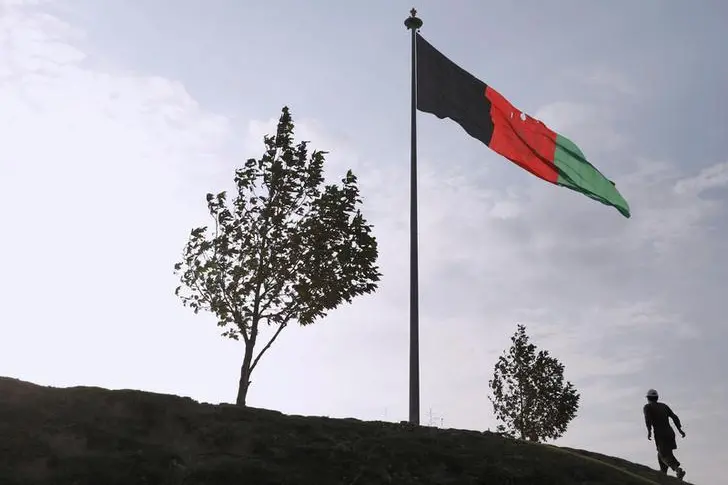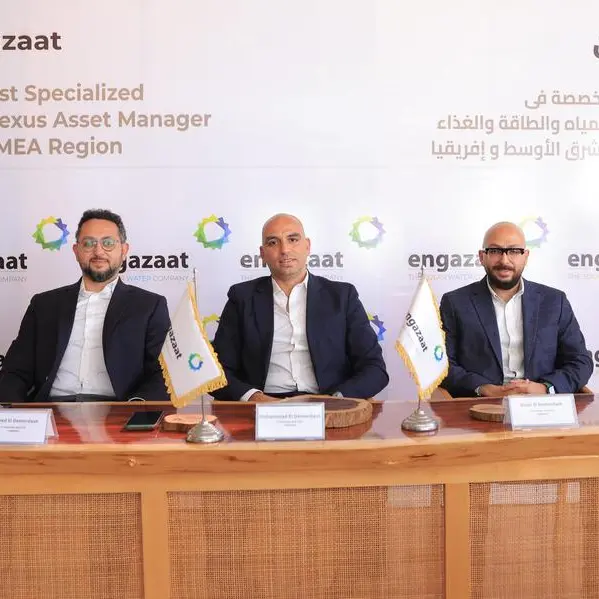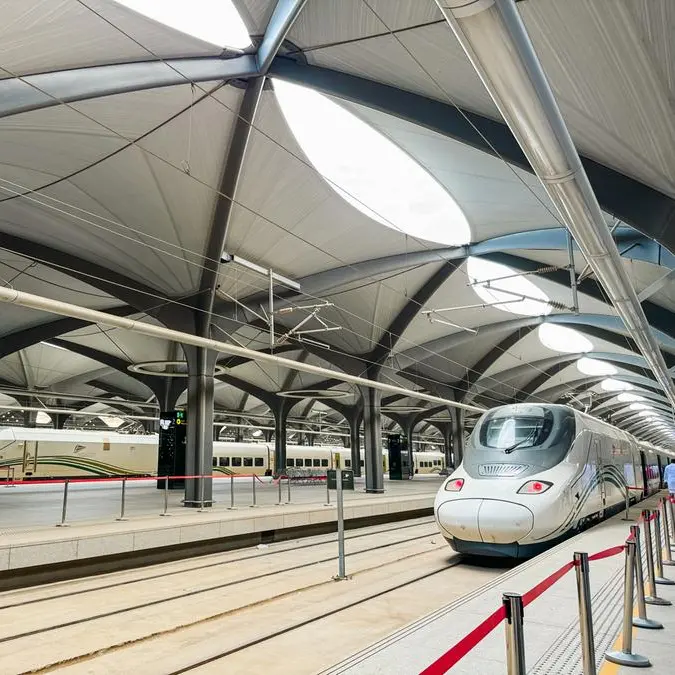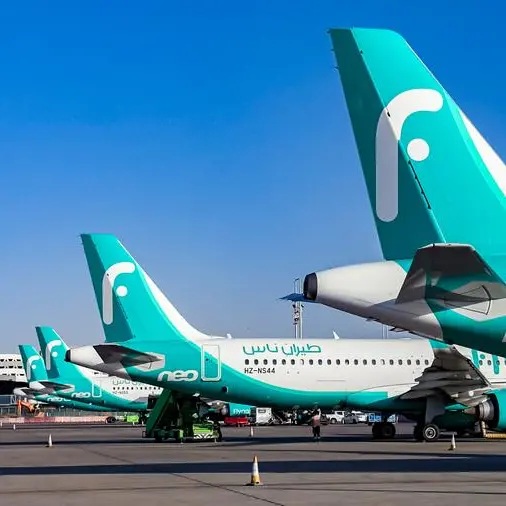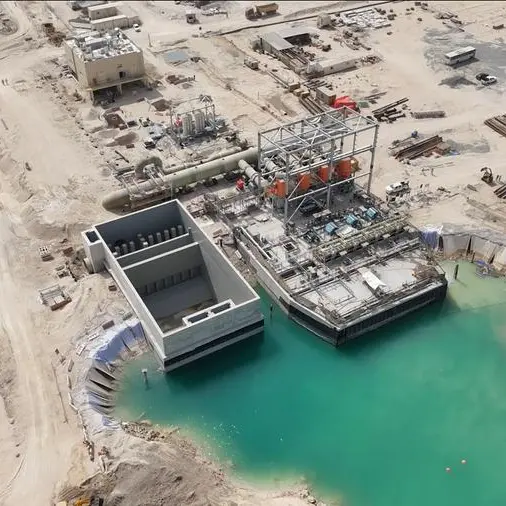PHOTO
Chinese President Xi Jinping believes every Chinese citizen should be engaged in the ‘pursuit of happiness’, but it might also best explain how Beijing will attempt to handle Afghanistan in the coming years, as US troops depart.
Not only is Afghanistan an essential land mass in China’s Belt and Road Initiative (BRI) plans to connect to western markets, it also offers opportunities for power supply, mineral reserves and digital connectivity, with several lucrative contracts already signed.
China’s sprawling BRI is already invested in Afghanistan’s cross-country rail, road and seaport links, and over $4-billion has been ploughed in by Chinese companies in the last decade—with some contracts pre-dating the birth of the BRI.
With US President Joe Biden ordering the removal of all troops from the landlocked country, China, which shares a small, 70-km border with Afghanistan, has been busy trying to ensure regional harmony, with long-standing leases and contracts already signed.
Analysts believe Beijing will pursue an economic policy, rather than fully deploy with any military presence, (outside of some workforce protection deployment) to protect current leases and link Xi’s BRI to western markets via Iran.
Chinese investments
Chinese investments in Afghanistan include a new coal-fired power station, a rail network connecting five countries stretching from Iran to China, mineral mining contracts and various road and infrastructure projects.
Many of these projects are on hold or have faced severe delays, thanks to conditions on the ground. Chinese companies have invested in 30-year-lease agreements and will restart economic activity only when conditions are right.
Ajmal Shams, the former deputy minister of urban development and housing and president of the Afghanistan Social Democratic Party, believes China is vital to the development of his homeland.
Shams served as Policy Advisor to Ashraf Ghani, the Afghan President, when he chaired the Security Transition Commission.
He said: “There is a lot going on between the two countries on the economic front. Since the US was the main player in the development and economic sector of Afghanistan, China's role has been largely overshadowed. However, it still has been involved in various development initiatives. I do have knowledge of some projects in which I was personally involved as Deputy Minister of Urban Development and Housing.
“There is the Chinese Housing Project for civil servants. The first phase is 1,400 housing units followed by second and third phase. The first phase already started recently. Also, the Chinese government funded part of the facilities in Kabul University. Although the Belt and Road Initiative is not formally promoted in Afghanistan, the transportation corridors are quite in line with the vision of Belt and Road Initiative.
“China can play a critical role in Afghanistan's peace efforts because of its influence on Pakistan. It can play a stabilising role in the region. War and conflict in Afghanistan can destabilise China. Thus, the Chinese role in Afghanistan peace-building could be economic, investment-oriented as well as political.”
China and Afghanistan established diplomatic ties in 1955. In 1979, when the Soviet Union invaded Afghanistan, China not only condemned the aggression, but also provided political and military support to the Afghan side.
“Some Chinese companies have already started modest investment in Afghanistan. There is a need for boosting it. Such huge infrastructure companies like the China Communication Construction Company that do business not only in China but around the world have great opportunity to undertake infrastructure development in Afghanistan,” Shams said.
Promise of peace
Former Afghan president Hamid Karzai, speaking to a state-owned TV station earlier this year, said he believes China can help bring peace to Afghanistan.
He said: “What is needed is the understanding and cooperation of neighbours and major global powers, who are incidentally almost all in our neighbourhood. China is our neighbour and a global power. Russia is our near neighbour and a global power. So are India, Iran and Turkey.
“China can play a very significant role here, especially trying for the betterment of relations between Afghanistan and Pakistan and for working toward a relationship between the two countries.”
Proposed projects
Afghanistan’s Ministry of Foreign Affairs, in a recent document entitled ‘Afghanistan-Centered Regional Cooperation – from Planning to Implementation’ provides some insight into the Regional Economic Cooperation Conference on Afghanistan (RECCA), which was established in 2005 to “promote cross-border economic cooperation through a list of prioritised regional economic cooperation and investment projects.”
Projects highlighted include the proposed Five Nations Railway Line, which connects the five countries of China, Kyrgyzstan, Tajikistan, Afghanistan, and Iran traversing about 902 kilometres of Afghan territory. The first leg of the route was opened earlier this year.
The report also highlighted Digital Silk Road plans. “The main objective of the Digital Silk Road project is to expand the regional knowledge economy and to allow Afghanistan to serve as an information transit route in the region, increase connectivity within the country, and drive down the cost of internet for everyday users.
“As part of the recent efforts, Afghanistan and China have signed an MoU on Cooperation in Information Technologies and Telecommunications, the crux of which is a fibre-optic link that will be built in order to connect Afghanistan, Tajikistan, Kyrgyzstan, and China. Following connection with Chinese optical fibre, Afghanistan will be able to purchase internet bandwidth with Chinese companies.”
Afghanistan’s natural resources are estimated to be worth at least $1 trillion. Several Chinese companies have signed 30-year leases to extract copper and oil.
Afghanistan’s mission statement is clear, according to the RECCA report: “Increase regional connectivity, leverage international relations and cooperation to invest in infrastructure to transform Afghanistan into an Asian “roundabout and hub of trade, transit and investment.”
Trans-Himalayan corridor
In July, Chinese Foreign Minister Wang Yi chaired a video conference with his counterparts from Afghanistan, Pakistan, and Nepal to discuss expanding cooperation. Stressing the need to set up a logistics “green corridor” to expedite customs clearance between their countries, Wang also proposed the development of a multi-modal trans-Himalayan corridor by extending the China-Pakistan Economic Corridor (CPEC) into Afghanistan.
Wang Yi said agreement had been reached in several key areas, and an eight-point consensus had been hammered out. A Foreign Ministry statement added:
“We agree to continue to advance high-quality Belt and Road cooperation, implement a batch of model projects in economic and trade, energy, transportation, and investment, and build the Eurasian land connectivity bridge, delivering a cooperative development belt featuring win-win results.
“We agree to jointly contribute to regional security and stability, and support and promote the political settlement of the Afghan issue.
“China has planned to build northern, central, and southern belts, with the northern belt going through Central Asia and Russia to Europe; the central belt traversing Central Asia and West Asia to the Persian Gulf and the Mediterranean, and the southern belt starting from China and proceeding to Southeast Asia, South Asia, and the Indian Ocean. Afghanistan is, therefore, positioned to effectively contribute to the wider objectives of the Belt-and-Road Initiative.”
Wang, speaking at a recent peace forum, said: “On Afghanistan, the most pressing task is to maintain stability and prevent war and chaos. The situation in Afghanistan is at a critical juncture, and the country is once again faced with the grave challenge of moving toward war or peace, chaos or stability. China always supports firmly the Afghan-led and Afghan-owned peace and reconciliation process.”
Dr Eric Balan, advocate and founder of Belt and Road Development Associates, said:
“Regarding Afghanistan and China, the focus is the copper mining industry. The rare earth and other metallurgical materials found in Afghanistan would help China’s hi-tech manufacturing and other sectors. A potential gas pipeline would also be of benefit to China.
“Now with US and EU troops leaving, China has its eyes on Afghanistan again. Let’s not forget that in 2014, it was the Afghans who asked China for development help, while the US was still in the midst of things. As a conduit, Afghanistan is important to China for its reaches into Iran and to the Straits of Hormuz.”
In July, the BBC reported China is constructing a road to Afghanistan through the Wakhan Corridor as part of the BRI.
(Reporting by Charles Lavery; Editing by Anoop Menon)
(anoop.menon@refinitiv.com)
© ZAWYA 2021
